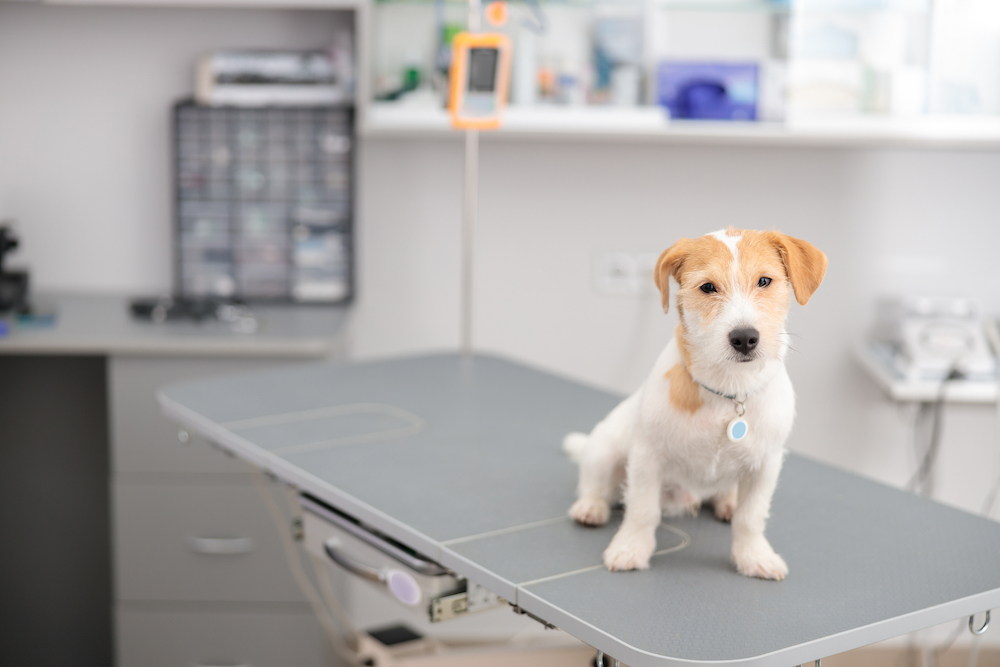


Taking excellent care of your pet’s general well-being and health is the most important thing an owner can do to ensure their pet lives a long and happy life. For the most part, making sure your pet is fed a balanced diet, is well-exercised, and is kept in good company are key to looking after them well. However, there are occasions where it may be necessary to seek professional care for your pet, and this may include surgeries. There are various types of surgery available for your pet, so we have compiled this list to provide you with the most common procedures and the benefits they would provide for you and your adored animal.
Spaying and Neutering
Spaying and neutering are among the most common surgeries available for your pet, and they are highly recommended for the variety of health and behavioral benefits they provide. They are both minor procedures, meaning your pet is often fit to return home on the same day as the surgery itself. Spaying is the removal of your female pet’s ovaries and uterus – this procedure can reduce the chances of urine infections as well as breast and ovarian cancer. Similarly, neutering is the removal of your male pet’s testicles, which can help to prevent health issues such as testicular cancer. Both procedures are preventative measures for a range of diseases of the reproductive system, whilst also lowering the risks of developing chronic health issues. Alongside these countless health-related benefits, spaying or neutering your pet also eliminates the chances of unwanted litters and can improve your pet’s general behavior.
Foreign Body Removal Surgery
Sometimes pets get foreign objects lodged in their eyes, ears, paws, or mouth or may swallow something that causes an obstruction in their airway, esophagus, stomach, or bowel. Foreign body ingestion will nearly always require surgery to remove the object, whereas an external penetration injury may require surgery depending on how severe it is. If your pet consumes something that they shouldn’t be eating, or if your pet suffers from a penetrating injury, it is crucial that you seek emergency care for them to be treated immediately. This is especially the case for foreign object ingestion since a stomach or bowel obstruction can be fatal if not treated quickly.
Orthopedic Surgery
Orthopedic surgeries relate to deformities of the bones and muscles. Certain breeds and sizes of pets are at a higher risk of developing various orthopedic-related medical conditions, such as knee injuries or hip dysplasia. There are a wide variety of orthopedic procedures that could become a necessity for your pet, so it is important that you discuss the details of a specific surgery with your vet should your pet ever require one. Some surgeries include hip replacement, knee replacement, or cruciate ligament repair. There may be circumstances when your pet might need a bone plate, pins, screws, or even an artificial joint implanted, and so the recovery and rehabilitation periods for most orthopedic surgeries are quite long.
Ocular or Dental Surgery
Surgeries performed on the eyes and mouth are also common in our precious pets. Dental surgeries help your pet to fight off infection and decay in their teeth and gums and can include growth removals, repairing fractures in your pet’s jaw, or even repairing oral defects. In severe cases, your vet may suggest a tooth extraction in order to preserve the surrounding teeth and gum tissue in your pet’s mouth.
Ocular surgeries can treat a wide variety of conditions, such as eyelid masses, corneal ulcers, and eye enucleations. One of the most common ocular surgeries, particularly in older pets, is cataract surgery. Cataracts can develop more easily in pets due to infections, diabetes, or trauma and cause your pet’s eye lens to lose transparency and appear foggy. Your pet may undergo cataract surgery in order to replace their current eye lens with an artificial one, restoring their vision.
If you would like more information about common pet surgeries and why they are required, contact Lakeville Family Pet Clinic in Lakeville, Minnesota at (952) 595-6500 today.





